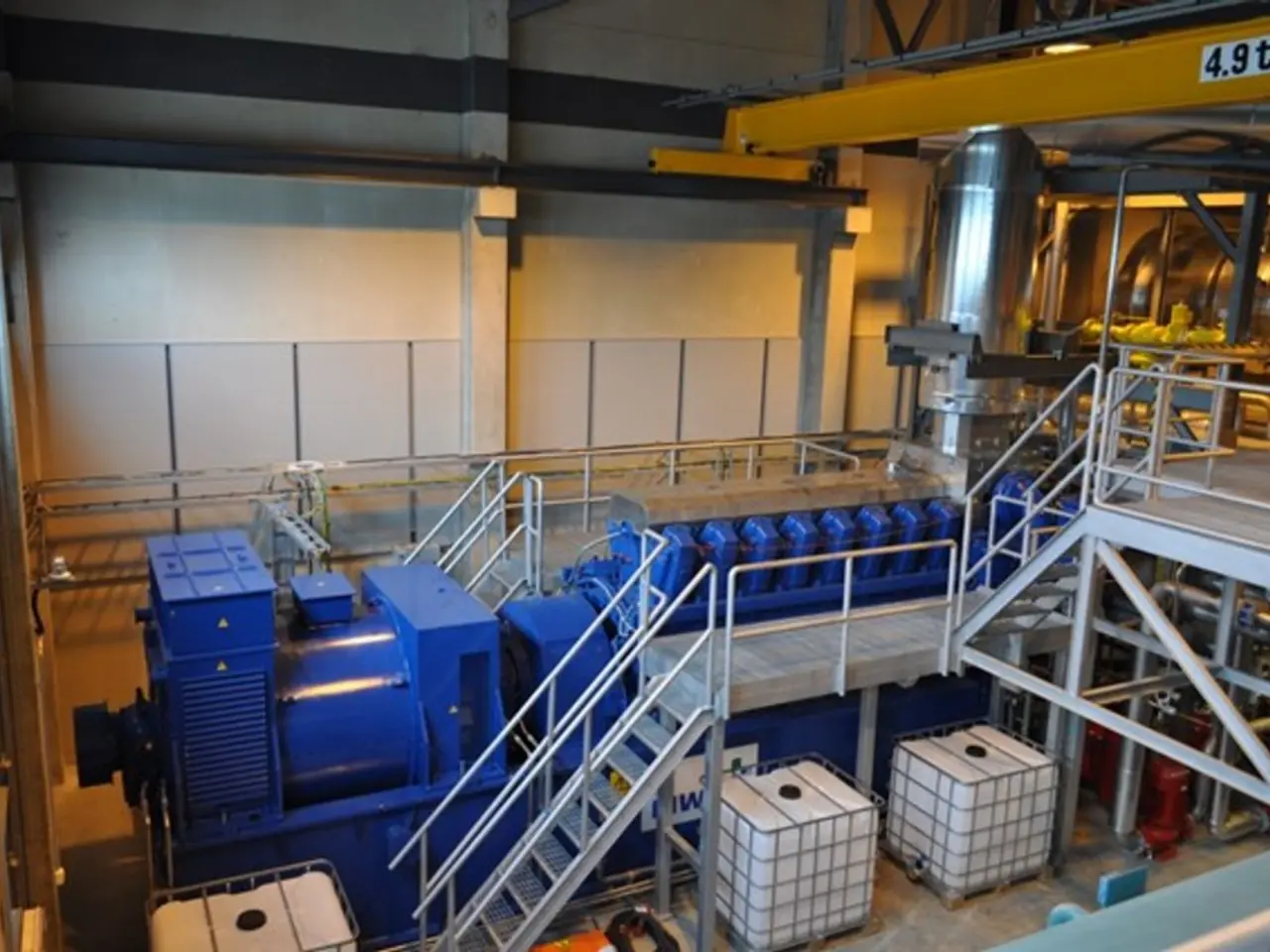Potentially Favorable Impact of Trump's Tariffs on High-Tech Industries?
In a rapidly evolving industrial landscape, Milo Werner, a former Tesla engineer and the head of NextGen, an industry group for advanced manufacturers, sees a significant change in the structure of U.S. manufacturing compared to that of China. This shift, however, is not an overnight transformation.
Advanced manufacturing companies are optimistic about the long-term potential of domestic sourcing and assembly of components. Yet, it's clear that this transition won't happen swiftly. The challenge lies in the intricate interdependencies and the time it takes to reconfigure supply chains.
The Covid-19 pandemic and the uncertainty surrounding Trump's tariffs have diverted attention away from cost-centric manufacturing, creating an opportunity for advanced manufacturing technologies. Companies focused on the assembly of advanced systems are particularly affected by tariffs, as many of their components come from overseas.
China, on the other hand, excels in "mega facilities," a key factor in their ability to manufacture at lower costs. For advanced manufacturing systems to remain part of the global manufacturing chain, they need to become cost-competitive with legacy capabilities.
The Trump administration's tariff plans have left many advanced manufacturers in a wait-and-see mode. Some are bringing the production of certain components in-house or dual-sourcing such components between in-house production and a supplier. Others are focusing on reorganising their supply chain to be flexible, in case it becomes economically sensible to move their facility into the U.S.
Companies manufacturing raw materials for advanced manufacturing assemblies, such as magnets, steel, and aluminum, are benefitting from the tariffs. However, federal support for advanced manufacturing is not permanent, according to Werner.
Werner anticipates potential challenges from a second Trump administration, including moves to reign in the Department of Energy's funding activity or pick apart the Inflation Reduction Act, as a critical turning point for advanced manufacturing. He calls for strategic phasing of Trump tariffs, asking which industrial sectors plan to establish production in the USA to gradually adapt to potentially higher costs due to tariffs and what timeframe is planned for this strategic phasing.
Despite the challenges, Werner does not observe a trend of companies that are manufacturing in Mexico packing up their facility and trying to find a facility in the U.S. Instead, companies manufacturing in Mexico are focusing on reorganizing their supply chain to be flexible, in case it becomes economically sensible to move their facility into the U.S. Companies making raw materials for advanced manufacturing assemblies, such as magnets, steel, and aluminum, are benefitting from the tariffs.
Advanced manufacturing, characterised by flexible, modular components, digital tools, and artificial intelligence, may benefit from global tariffs due to the opportunity for industrialization. The focus on cost efficiency in global manufacturing has resulted in a lack of industrial facilities, according to Werner, who leads NextGen. This presents an opportunity for advanced manufacturing technologies to fill the gap and establish a strong presence in the U.S. manufacturing sector.







